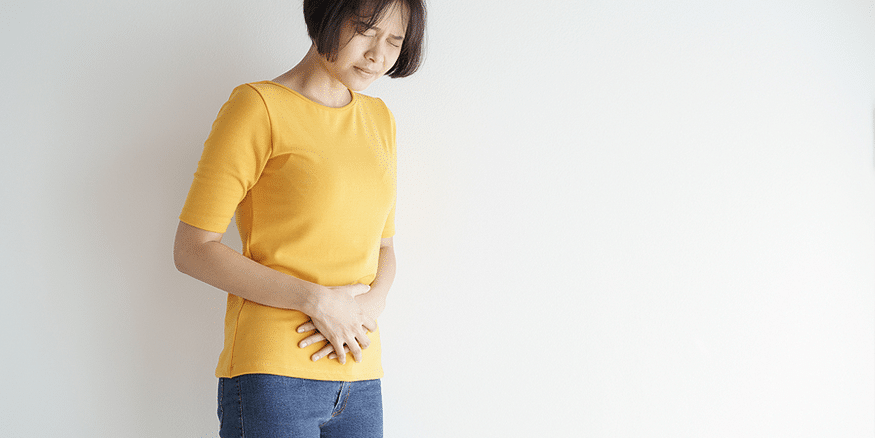
Dealing with Chronic Pain
“Pain is inevitable, but suffering is optional.”
These wise words from the Buddha remind us that life will inevitably offer difficulties, challenges, and struggles, but each one of us is responsible for our own happiness. How we view these situations, the meaning we attach to them, and our attitude toward them, all contribute to determine the degree to which we experience suffering and misery.
Persons with digestive diseases and disorders do face pain. It could be intermittent or unrelenting. Some questions that arise for individuals who experience ongoing chronic pain are: why, why me, what did I do to deserve this, is this some sort of punishment, what’s wrong with me, and why am I stuck with this? Unfortunately, attempts at answering these questions might lead to feelings of guilt, shame, frustration, confusion, and fear.
More useful inquiries would be: what do I need to do with this situation and how should I adjust my behaviour? It may require changes to lifestyle, eating habits, fitness level, or even taking a long, hard look at your overarching life stressors or other factors about the way you live.
The reasons for our current predicament may never be fully clear to us, as human life is complicated and multi-faceted. So, rather than focusing on the past and the reasons why we’re at the particular point we’re at, it’s best to focus on the present and the future. Try focusing on: who do I want to become, given my circumstances, and how shall I live?
The attitude with which we approach our conditions will move us closer to healing than could any answers or explanations we might get identifying the cause of our difficulties. This is because we might still need to go on living with the pain, regardless of its cause.
Living with chronic pain forces us to develop attributes, virtues, and attitudes that are essential for personal growth and healing. Pain is an opportunity to mature, forgive, and deepen our capacity for compassion.
Three attitudes that may help you rise above your suffering are trust, patience, and acceptance.
Trust – learn to trust yourself and listen to the wisdom of your body. Individuals with chronic pain often dismiss messages from their bodies – as a learned coping strategy – and consequently push themselves beyond healthy limits. To heal, you must develop confidence in your intuition to know what is true and right for you and to honour your limitations, rather than just following what others tell you to do or what you think you should do.
Patience – is the understanding and acceptance that things won’t always go your way or work within your timing. Learning to accept reality as it is, rather than as you would like it to be, helps you see things as they actually are. It doesn’t mean you have to like or agree with it, but helps you to stop fighting it. Cultivating patience toward your body and your condition allows you to be open to whatever comes up and work with, rather than against it.
Acceptance – leads to forgiveness. Acceptance means you stop blaming yourself for the pain and realize this could have happened to anyone. Acceptance is not a passive resignation to the situation, but an active engagement with the truth. It’s easier to deal with the truth when the mind is not clouded by judgement, desires for things to be different, or fears and prejudices.
Interestingly, emotional responses to pain could create more suffering than the pain itself. Be careful, therefore, to guard against thoughts, judgements, and opinions such as: I shouldn’t have this, it’s not fair, I didn’t do anything to deserve this, and I’m bad for having this – because these could result in feelings of shame, anger, frustration, despair, hopelessness, and feeling out of control.
We can’t always change our physical condition but we can change how we relate to it. A chronic condition requires us to transform our relationships to our mind, our body, and to the pain. Facing problems with the right attitude is the best medicine to get past them.















